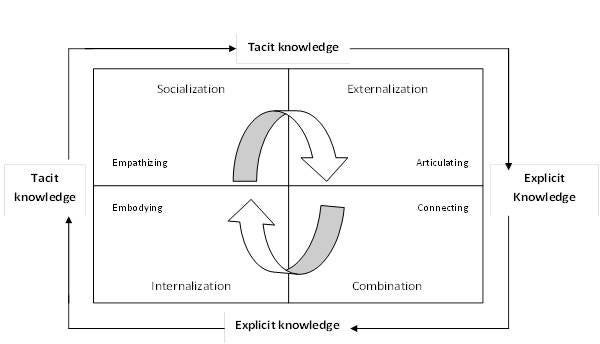Learning Nerd’s Diary #42
Welcome back Learning Nerds!
👀 Sneak peak
Here is what I have in store for you this week -
💭 Learning About Learning: Deconditioning in Learning
🥜 Learning Nugget: Learning like software updates
🧠 Learning Heuristics: Feedback Loops
💥 Coolest Thing I Learnt This Week: MANY interesting loops
🔦 Spotlight: The Power of Peers
Let's jump right in!
💭 Deconditioning in Learning
Have you ever come back to learning after a break and felt that the old normal is now hard?
Last year I took a week long vacation for Christmas and New Years. Before going on break, I was writing 2 articles every week. After I came back - it took me almost 2 months to write one article! The reason? Deconditioning.
According to the Cambridge dictionary, “deconditioning is the process of losing physical strength through being ill, injured, or not active.” Deconditioning also happens with athletes - something you were able to do easily suddenly seems hard after taking a break. Learning is no different.
In my case with writing, it’s not that I had forgotten how to write but the momentum of writing made it easier to keep writing every week. A week’s break turned to two months in no time. James Clear summed it up pretty well in this Tweet -
Keeping the habit alive is a powerful act. It's easier to stay in shape than to get in shape. It's easier to keep a house clean than to get it clean. Many days it may feel like you are treading water, but maintaining your progress saves your future self a great deal of work.
Whether you’re learning how to cook or picking up a new instrument - deconditioning is more a result of your behaviour that impacts your learning. It is something that has happened to all of us at some point or the other.
Here are 3 ways in which you can stop deconditioning in learning:
1/ Make it bite sized 🫦
Instead of trying to ‘over eat’ at certain points, make your learning bit sized and more frequent.
Example:
Instead of reading that book for 2 hours every weekend, see if you can read for 20 mins everyday instead.
2/ Gamify it! ⚽️
Just like habit building, if you miss a day - try not to miss a second day in a row. Depending on what keeps you motivated - you can either pick a task you don’t like for when you miss a day or pick a reward if you finish what you planned.
Example:
While attempting the 30 day Atomic Writing Challenge last year, I’d committed to running a 10k incase I missed a single day of writing!
3/ Do less but get it done ⚖️
If we don’t have the time to do everything as planned, we tend to push it off to a later date. Try to do less instead and focus on getting it done rather than getting it right.
Example:
If I know I don’t have time for my usual 60 mins workout, instead of not working out that day - I can do a short 30 mins workout instead.
Where have you seen deconditioning in action while learning? How did you overcome it? Reply to this - I’d love to hear from you!
🥜 Learning is like software updates
Instead of looking at learning like a new app, look at it like a software updates.
They are necessary to keep it relevant and functional.
🧠 #5 Feedback Loops
Error prevention → Feedback loops
Feedback loops are central to learning effectively. Feedback loops are essential not just to understand the right way of doing something but also to navigate all the greys.
Good learning experiences allow learners to get feedback at 2 stages - while learning and after they’ve learnt. By scaffolding learning at different points, learning can be deeper and more meaningful.
Example:
Asking learners to attempt a short quiz after they’ve learnt a new concept
Getting learners to teach someone else after they’ve finished a chapter
Getting learners to correct each other’s papers
💥 Coolest Thing I Learnt this Week
The Spiral of Knowledge
“I don’t know how I know. I just do.”
How many times have you heard that at work when asking someone how to do something? It happens all the time.
In his newsletter last week, Andrew Barry spoke about the Spiral of Knowledge -
It made me wonder - instead of learning new things, what if we were to focus on making what we know visible?
Variable Measure Loop
Loops seem to be the flavour of this newsletter. I came across this framework by John Cutler on how to frame outcomes & how to track it’s impact -
It seems like a great way to also frame and measure learning interventions!
Learning Never Stops
🔦 Spotlight
Earlier this year I took up the Huddlecraft 101 training to understand more about peer learning and figure out how to leverage it as a tool while designing learning experiences. Here is a sneak peak into what the experience was like for me -
If you’re trying to understand more about how you can do the same, check out the training - the next cohort starts in November!
Love & Learning
Until we meet next week!
You can get this directly in your inbox!







